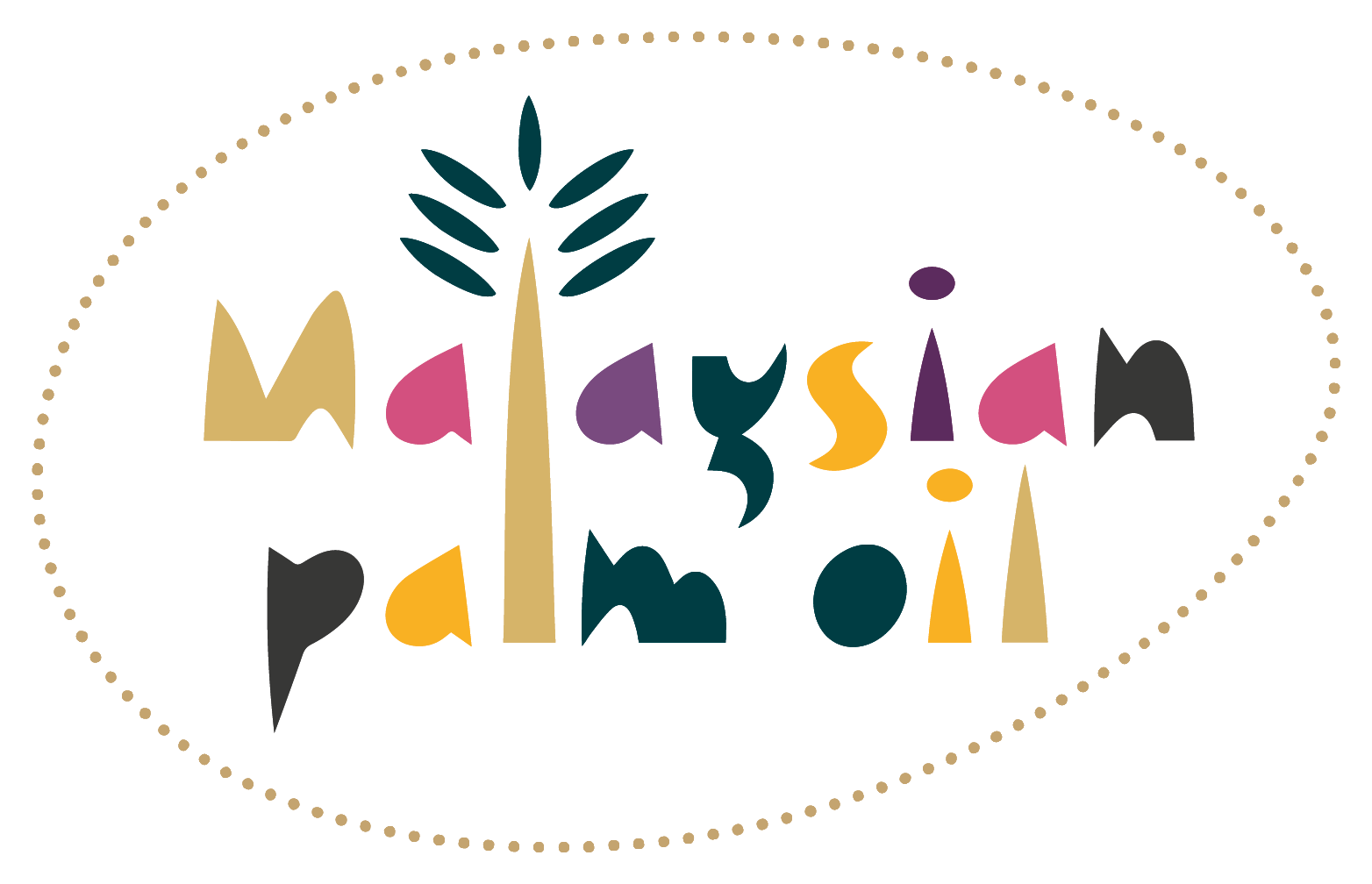This month, Malaysia joined 16 other commodity-producing nations in writing a letter to the European Union raising serious concerns about the approach the bloc has taken on the EU Deforestation Regulation (EUDR).
The letter is part of a broader trend of discontent with the Regulation among the global south and developing world and follows a July 2022 letter in which 14 countries wrote to the EU warning that the EUDR would âgenerate trade distortion and diplomatic tensions, without benefits to the environmentâ. The new letter, with an expanded list of signatories, is clearly a sign that the developing world does not feel the EU is listening to their concerns.
Specifically, last weekâs letter raises serious concern that the EUDRâs unilateral country benchmarking system â which would see some nations unjustly labeled as âhigh-riskâ for deforestation â is âinherently discriminatory and punitiveâ and âpotentially inconsistent with WTO obligations.â
The joint letter also âurges measures to prevent trade disruptions, including reducing excessive administrative burdens associated with geolocation and traceability requirements certifications, and customs procedures.â
The EUDRâs traceability requirement is of particular concern because it dictates that detailed information on the origin of all products must be provided, yet it âdisregards local circumstances and capabilities, national legislations, certification mechanisms, the efforts to fight deforestation, and multilateral commitmentsâ that provide these assurances from producer countries.
Industry experts estimate that the level of detailed information the EUDR demands would require the analysis of as many as 500,000 individual data points for a single shipment â an enormous amount of bureaucracy, which will be difficult even for the largest and most sophisticated supply chains.
While these traceability requirements are burdensome on all actors within a supply chain, the negative impact the EUDR will have specifically on smallholders â of which only those who operate on land under 4ha are granted an exemption â is extraordinary. Millions of smallholders throughout the developing world depend on the cultivation of oil palm as well as other products covered under the EUDRâs requirements â such as cattle, wood, cocoa, coffee, and rubber â to support their families and rural communities. In Malaysia alone, more than 450,000 palm oil smallholders would be negatively affected by the Regulation.
The letterâs signatories explain that these smallholders are âespecially vulnerableâ to the EUDR because they may not have the financial or technological means to âshow compliance with the stringent requirementsâ which would, in turn, see them âend up being excluded from international value chainsâ. Their exclusion from these value chains would have immense negative impacts âsuch as increased poverty, diversion of resources, and hindrance of the attainment of SDGs.â
Due to the outsized impact the EUDR will have on the developing world, the signatories of the letter have called for the Commission to âformulate clear and detailed implementing acts and guidelinesâ that take into account the concerns and constraints of producing countries â and in particular the challenges faced by their smallholders.
The letter does remind EU leaders that the Commission has been warned on many occasions about the potential negative effect on smallholders, and that the legislation ignores the EUâs commitments to SDGs. The unspoken question is whether the EU has decided to give up on that commitment in the implementing acts, because the EU has thus far instead adopted a âone-size-fits-all approach â¦[which] ignores the different local conditions and will inevitably impose immense costs.â
If the EU has indeed decided to withdraw from its previous commitments to support poverty eradication and economic growth in the developing world, that is a great shame for all concerned.
Malaysia has warned that the Deforestation Regulation is a âstrategic errorâ that places an immense strain on the EUâs relationship with the developing world, and has repeated its own calls for cooperation and dialogue to address the most concerning aspects of the EUDR. It was joined by all signatories in closing the letter with a call for the EU to âengage in effective cooperation and meaningful dialogueâ with its trading partners throughout the implementation phase of the Regulation.
Indonesian President Joko Widodo (Jokowi) has demonstrated strong public opposition to EUDR as well. Only a few days ago, President Jokowi asked the Dutch government to âencourage the abolition of the EUDRâ in a bilateral meeting on the sidelines of the G20 Summit.
The publication of the letter from 17 governments, as well as public comments from President Jokowi and other leaders, demonstrates that Malaysia is one of many, many nations expressing concerns about the EUDR. This is not a bilateral Malaysia-EU issue: it is a call for action from across the developing world.
The EU has not responded to many of the comments expressed nor the recent letter, and momentum against the EUDR from the global south is sure to grow further until the most serious of their concerns are addressed and assurances are provided that the Regulation will not destroy the critical industries Malaysia and the 16 other nations rely on to support their economy and their people.
